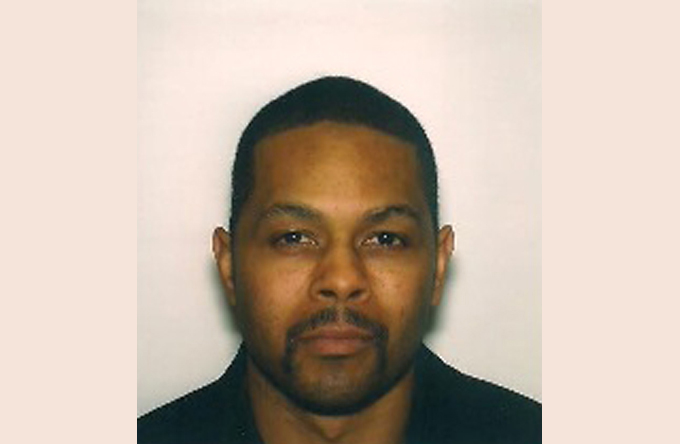by J. Pharoah Doss, For New Pittsburgh Courier
Gloria Jean Watkins, best known by her pen name bell hooks, died last month at the age of sixty-nine. She was a professor, social activist, and feminist. Her 1981 critically acclaimed book Ain’t I a Woman? Black Women and Feminism established her as a public intellectual.
In 1992 bell hooks was invited to Harvard, along with other Black scholars, to discuss “the fate of the urban poor” and the “responsibility of Black intellectuals”. Each panelist spoke about the root causes of poverty but remained vague about the responsibility of Black intellectuals to help the urban poor. One panelist suggested that before Black public intellectuals could discuss obligations to the less fortunate, they first had a responsibility to themselves not to feel guilty about their upper-class lifestyles and their abandonment of the inner-city.
bell hooks, on the other hand, said she never left the community.
She told the others we got to believe, as intellectuals of varying political persuasions, that the example of our lives matter as much as our testimony in words. Then hooks added, I never hear affluent Black intellectuals—progressive or conservative—talk about what we do with our money. A redistribution of resources begins fundamentally with: what am I willing to give up? If I am unwilling to give up some of my resources, then I don’t believe that I am going to convince masses of other people that they should give up some of theirs. The question of responsibility boils down to how do we share our resources.
bell hooks often stated she felt alienated from Black intellectuals because they were self-removed and disconnected from the practical concerns of the Black community.
Today, there are more Black public intellectuals than ever before. These individuals aren’t necessarily self-removed from the Black community, but their self-absorption might make them more disconnected.
Case in point, Nikole Hannah-Jones became a Black public intellectual after she edited the New York Times Magazine’s 1619 Project, a commemoration of the 400th anniversary of Africans arriving in Jamestown, Virginia four centuries ago. Last year, Hannah-Jones was given a teaching position at the University of North Carolina at Chapel Hill without tenure, but Hannah-Jones claimed she was denied tenure because of White supremacy. Black students at UNC-Chapel Hill demonstrated in order for Hannah-Jones to receive tenure, Black faculty and staff threatened to leave UNC-Chapel Hill if tenure was not offered to Hannah-Jones, and after an intense pressure campaign, UNC-Chapel Hill gave in and offered Hanna-Jones tenure.
But Hannah-Jones declined the offer because The MacArthur, Knight, and Ford foundations donated $20 million to Howard University and created the Center for Journalism and Democracy, in which Hannah-Jones will be the inaugural Knight Chair in Race and Journalism.
In a statement, Hannah-Jones said, “I have decided that instead of fighting to prove I belong at an institution that until 1955 prohibited Black Americans from attending. I am instead going to work in the legacy of a university not built by the enslaved but for those that once were.”
Former graduates from Howard expressed that Hannah-Jones would help increase Howard’s prestige, and her addition to the faculty was a “win for the students.”
Here’s the disconnect.
Last year more than 100 Howard students occupied a campus building for a month and student-activists camped outside that building in tents to protest the poor living conditions on campus. The students claimed the University ignored their complaints of mold, leaking pipes, rodents, poor ventilation, and mushrooms growing from the ceiling. (The President of Howard said this issue was not widespread, the majority of students lived comfortably.) The student protest ended when Howard’s administrators made a verbal agreement to fix the problems.
Meanwhile, a spokesperson for the MacArthur Foundations said up to $1.25 million of the money donated to create a teaching position for Hannah- Jones will go toward the next phase of her 1619 Project. The spokesperson said the details of this next phase are still being worked out, but it will be an educational effort on the issue of reparations for American slavery.
In other words, Hanna-Jones and her resources will be used to advocate for reparations for slavery from the same campus where the practical concerns of the Black students are improving the housing conditions.
bell hooks once said, “Black self-determination is not the same as Black capitalism.”
But a sense of responsibility is needed to make the distinction.
